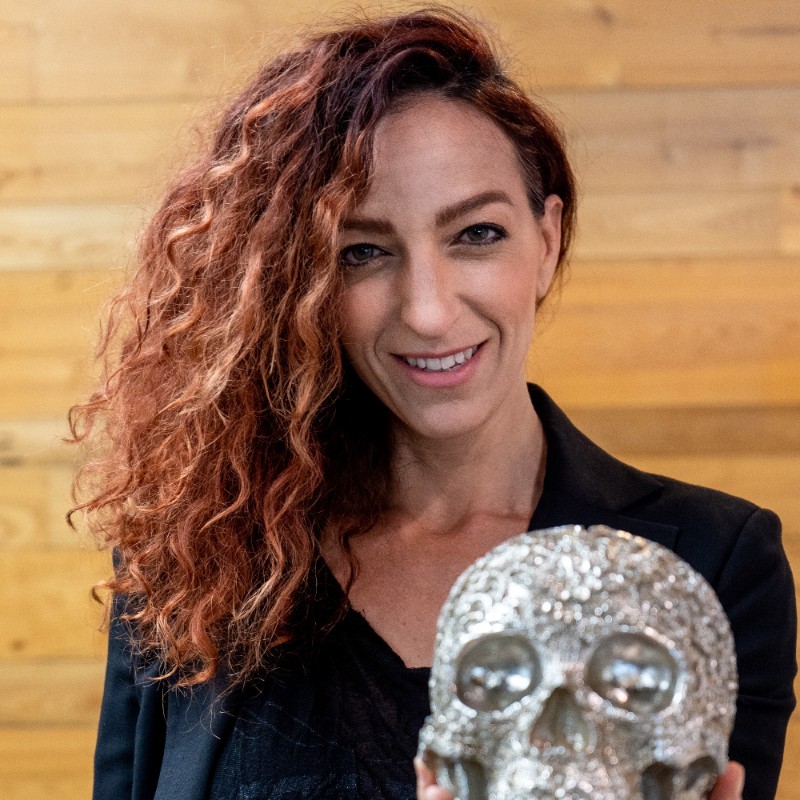
Habits, learning and the brain - what science has to say about it all

If you were to do a google search for the definition of habit right now, depending on where in the world you are, it might come up as “a settled or regular tendency or practice, especially one that is hard to give up.”
A bit simplistic for something that is actually pretty complex and makes up nearly 70% of our waking behaviours.
70% is a pretty large number, may seem like the odds are working against us. So then what can we do to create and sustain new habits and how can this help us to be better learners? Well, here’s the funny thing about that…
When you go away from the generic definition of a habit and explore it through the lens of science, neuroscience to be more exact, you can see what really underlies creating, breaking or sustaining a habit. Learning.
Habits, from the perspective of neuroscience, are things that our nervous system has learned, and those can be both consciously and unconsciously.
Your brain and spinal cord come together to form the central nervous system. This system relays and coordinates information and allows you to do things like think, feel, move, breath etc.
Now that we know that it’s the nervous system is doing the learning to create the new habit, the next thing we probably want to question is, what is learning then?
Through the lens of neuroscience and the brain, learning is our ability to change, which occurs through neuroplasticity. Neuroplasticity is how the brain changes, reorganizes and grows in response to new experiences.
In order to create a new habit, we need to form new neural circuits/a new pathway which will represent the habit. Like all learning and endeavours to create a new memory, time and practice are required to develop and strengthen the pathway.
How much time? Well, that depends on the person. A 2010 study “How are habits formed: Modelling habit formation in the real world” found that there was considerable variation depending on the person, anywhere from 18 to 254 days.
Consider the lower number there though, 18 days. Now think about what that means in the context of learning and changing a brain. It’s not going to happen overnight and is going to require some effort.
So how can we help the brain? What can we do that will support our abilities to learn and create those desirable habits? Three words: Sleep. Diet. Exercise.
By now it’s common knowledge that those three factors, sleep, exercise and diet are critical to supporting brain function and overall health. But why?
There’s a plethora of research and knowledge that go into each of these factors, but for our sake, let’s keep it to the context of supporting learning.
Sleep:
- Gives the brain time to flush out neurotoxins that build up over the course of your day. A brain free of waste is one that can operate more functionally and will support you in your abilities to attend to your focus. Important when it comes to sitting down to learn.
- Part of the memory consolidation process takes place while we sleep, during which neural connections are strengthened. Another reason why spacing out learning is an effective method.
Exercise:
- Promotes blood flow to the brain and improves sleep, mood and reduces stress and anxiety, all critical factors to cognitive function while you learn.
- Releases chemicals in the brain that affect the health of the brain cells themselves, those things that will be creating the network and representation of a new behaviour.
Diet:
- Your brain is like an expensive car and you want to put good fuel in it to keep it running well. Foods that have lots of vitamins, minerals and antioxidants not only nourishes the brain but protect it from excess waste which can damage the cells.
- Your brain also burns through an exceptional amount of calories in a day considering the size of real estate it takes up in comparison to the whole body. An estimated 20%. Having some snacks and some water around when you’re learning will definitely be to your benefit.
So at the end of the day, how do we create great habits and be better learners? Support and take care of the thing doing the learning, those beautiful brains!
I’ll leave you with a quote from James Clear, author of Atomic Habits and one that I referenced in the recent webinar we did with the LPI, Sebastian Tindall, Head of Learning and Development for Vitality, and David William Hastings of Go1.
“Intensity makes a good story. Consistency makes progress.”
Be strategic, be intentional, sleep well, and nourish both those brains and bodies and you’ll be well on your way to being a better learner and creating those new habits you want.
Interested to know more? You may also like to read Lauren Waldman's article on how joining forces with our brains can help us to be more emotionally intelligent and empathetic in the workplace.




